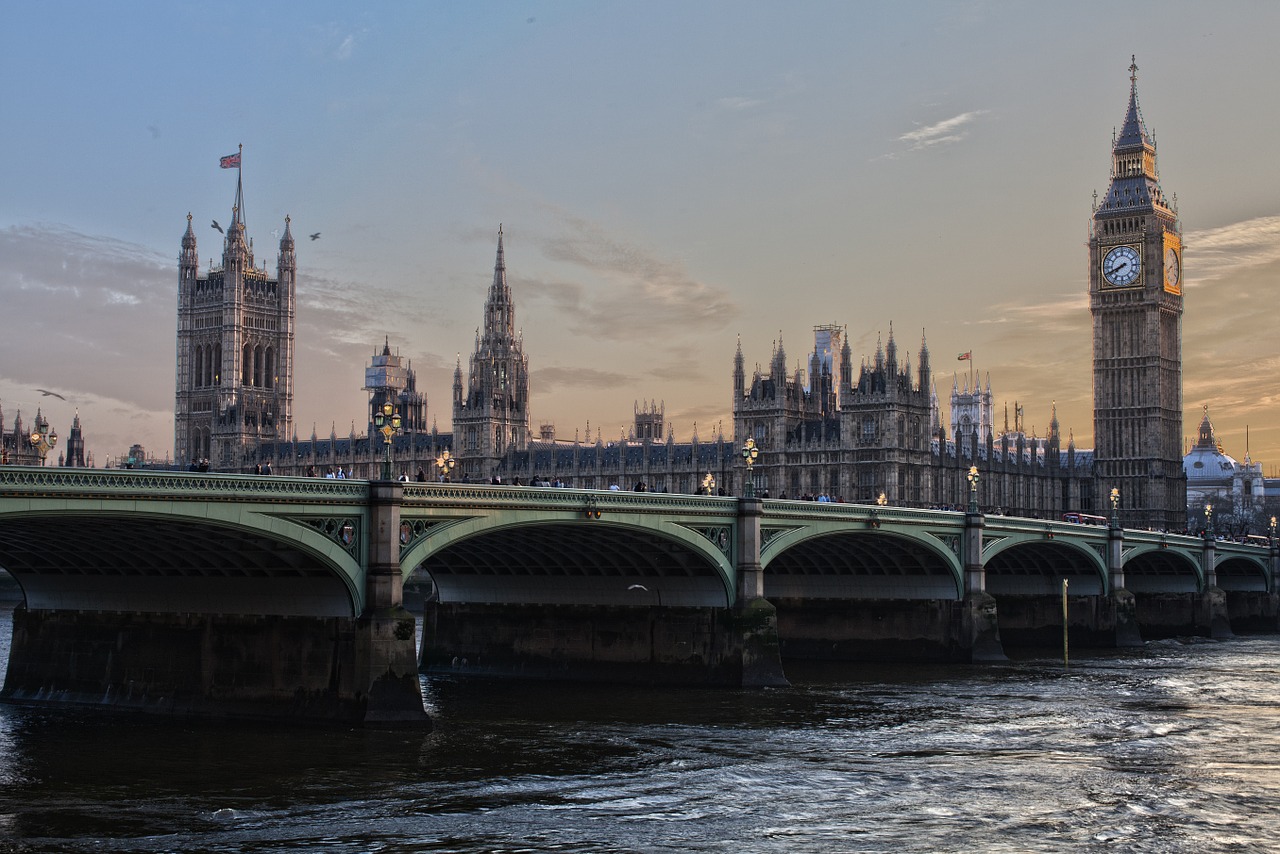
British Prime Minister Theresa May has asked the European Union for a Brexit stay until 30 June. May spoke on Wednesday in the House of Commons in London. The deadline is actually on 29 March – many EU politicians called on London in the run-up to the EU summit on Thursday and Friday for clarity.
May told parliament in London Wednesday that she had informed EU Council President Donald Tusk in a letter that the UK was seeking to extend the deadline under Article 50 of the EU Treaty by 30 June. But the shift still has to be unanimously approved by the remaining 27 EU countries. Even before that, several British media had speculated that May would not apply for a long delay.
May rejects participation in the European elections at the end of May. That would be the prerequisite for a longer delay. „I believe that it would not be in our mutual interest for Britain to vote in the European Parliament elections.“ She also believes that the agreement can be ratified. But that could not be done by the end of next week. The opposition Labor Party is open for a three-month extension, according to a spokesman. However, the question arises, why this delay should be used.
Commission balks against deferral until the end of June
Originally, Britain wanted to secede from the community of states on March 29. But the date is unstoppable – unless the country leaves without a deal from the EU. May has called on European Commission President Jean-Claude Juncker and informed him of the latest developments. A Commission spokesman said May had consulted the President on how best to approach discussions in the European Council.
However, the EU Commission is reluctant to postpone it until June 30. According to Juncker, Britain has to vote in a Brexit postponement after the EU election. Juncker warned May that if the EU membership is extended beyond 23 May, the UK will have to vote for the election on 23-26 May, a spokeswoman said Wednesday.
Document: EU sees „serious“ risks in case of delay
Meanwhile, it has also been revealed that the EU Commission sees „serious legal and political risks“ for the EU if it agrees to postpone the Brexit date until the end of June. This emerges from an internal document, which was discussed at the weekly meeting of the authority on Wednesday.
From the Commission’s point of view, according to the internal paper, only two options are appropriate for the postponement of Brexit: a short „technical extension“ until 23 May without participation in the European elections; or a „long extension“ until at least the end of 2019 with the option of shortening if a solution is found earlier. In any case, there should be only a one-time extension, it goes on. In the worst case, the constitution of the new parliament could become illegal and, after the election, jeopardize the provision of the new EU Commission and the EU budgetary framework. In addition, every decision would be contestable.
Juncker rules out renegotiations
However, Juncker did not anticipate a decision on Brexit at the EU summit on Thursday and Friday. Presumably one will have to consult again next week, said Juncker on Deutschlandfunk. The EU has gone far to the UK, now the London government must provide clarity. There are no renegotiations, no renegotiations and no additional insurance.
Earlier, the EU’s Brexit chief negotiator, Michel Barnier, informed the Commissioners‘ College, said a Commission spokesman. It also talked about the possible emergency measures in the case of a „no deal“. Of these emergency measures, all but two had been accepted. Still missing are the areas short-term visa and EU budget 2019.
France: Brexit postponement not a matter of course
A possible Brexit postponement is not a matter of course in the opinion of France. Firstly, London must submit a plan and show how the time gained should be used, it was said from Elysee circles. One should not put off unnecessarily. Second, the functioning of the EU should not be jeopardized. That applies, for example, to the European elections and budget issues. A postponement of the withdrawal date is not a solution in itself, said Danish Prime Minister Lars Lokke Rasmussen.



